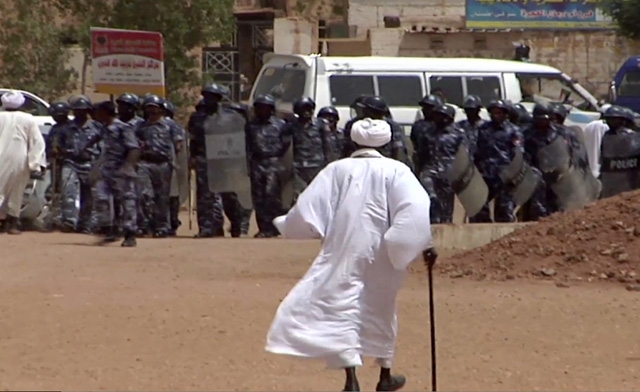Forty years ago this month, more than 50 nations gathered in the East Room of the White House to sign the Treaty on the Nonproliferation of Nuclear Weapons. In his memoirs, US President Lyndon B. Johnson called it “the most significant step we had yet taken to reduce the possibility of nuclear war. Today, with the benefit of time, we can evaluate whether the accord truly marks the “historic turning point President Johnson hoped for. The evidence suggests that while the pact’s dikes have largely held, serious leaks have developed; prompting nuclear vigilantes to apply force when they have concluded that diplomacy would fail to halt the Bomb’s spread. Whether this behavior is a harbinger for the future remains unclear, but it raises a continuing specter given the failure of the NPT to include an effective enforcement mechanism. One fact is not in doubt: the NPT is the legal linchpin for the nuclear nonproliferation regime now signed and ratified by all but three nations – India, Pakistan, and Israel – and one drop-out, North Korea. The Treaty’s principles remain bold: the pact’s five acknowledged nuclear weapons states – the US, Britain, France, Russia, and China – promise to eliminate their nuclear arsenals, and the remaining parties commit not to acquire nuclear weapons in exchange for the right to develop civil nuclear power, with international assistance, subject to binding safeguards. While the NPT is not entirely responsible for the absence of dozens of nuclear-armed states that many people once feared would emerge, it generated a standard of behavior that continues to guide most countries. Still, the accord never fulfilled its disarmament objective. The five nuclear powers continue to hang on to their weapons, giving mere lip service to their elimination. More disturbing for international calm, a handful of non-nuclear signatories have secretly flouted the agreement. Eventually exposed, their perfidy demonstrated the NPT’s imperfect ability to deter, catch, and reverse nuclear cheats. Six cases mark the most egregious cheating. Twice, Iraq bucked safeguards – first when it built the Osirak reactor and failed to provide inspectors full transparency and convincing assurance it would not use the plant to produce plutonium for weapons, and, second, when it nearly completed its secret enrichment program prior to the 1991 Persian Gulf War. North Korea proved more successful, becoming the eighth country to detonate a nuclear weapon. At least two other NPT parties – Libya and Syria – engaged in significant nuclear subterfuge but failed. And then there is Iran. Equally disturbing has been the failure of International Atomic Energy Agency (IAEA) safeguards to catch such violations. In only one case, North Korea, did the IAEA succeed. In Iran, a dissident group, not the IAEA, blew the whistle. Lack of confidence in Treaty enforcement inspired three instances of military vigilantism: Israel’s strike on Osirak in 1981, its attack on Syria’s suspect site in 2007, and Washington’s 2003 invasion of Iraq. Mixed results followed. Osirak’s destruction inspired Saddam to try again. The US became mired in Iraq. And, for the moment, Israel’s Syrian strike appears to have eliminated a potential threat. For the Jewish state, military strikes have suggested another lesson. A nuclear vigilante could apply force with impunity. No retaliation followed. In other instances when countries contemplated the same thing, they were not as sanguine. Hence, the Soviet Union, the US, Egypt, and India decided that it is better to live with a nuclear-armed China, North Korea, Israel, and Pakistan, respectively, than risk war. The United Nations Security Council, which remains the NPT’s enforcer, could better address proliferation breakouts and the compulsion of some to take matters into their own hands were it to grant itself predetermined authority to promptly stop cheaters by any and all means. The result would make the prospective treaty violator think twice. But political divisions among the Council’s permanent members make achieving this goal unlikely. This leaves only two options to buttress the NPT’s objectives. First, there is ad hoc diplomacy, which succeeded in eliminating Libya’s nuclear program and closing North Korea’s nuclear weapons production reactor. But diplomacy takes time – a lot of time – and there is no guarantee that it will succeed. For states that believe that time will merely enhance a lethal adversary’s ability to get the Bomb – Israel’s concern about Iran today – only vigilantism remains.
Bennett Rambergserved in the Bureau of Politico-Military Affairs in the George H.W. Bush Administration. He is the author of several books on international security. This commentary is published by DAILY NEWS EGYPT in collaboration with Project Syndicate (www.project-syndicate.org).
